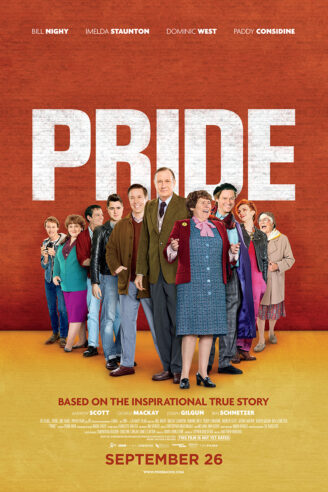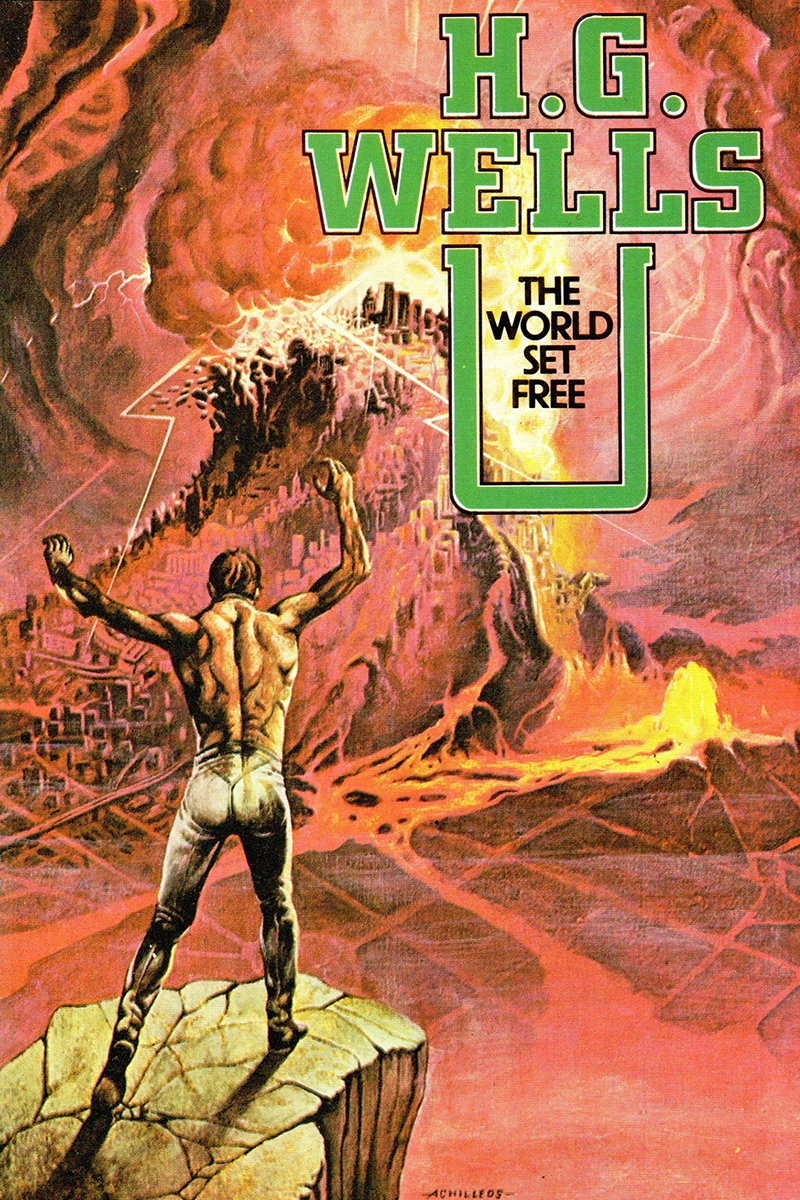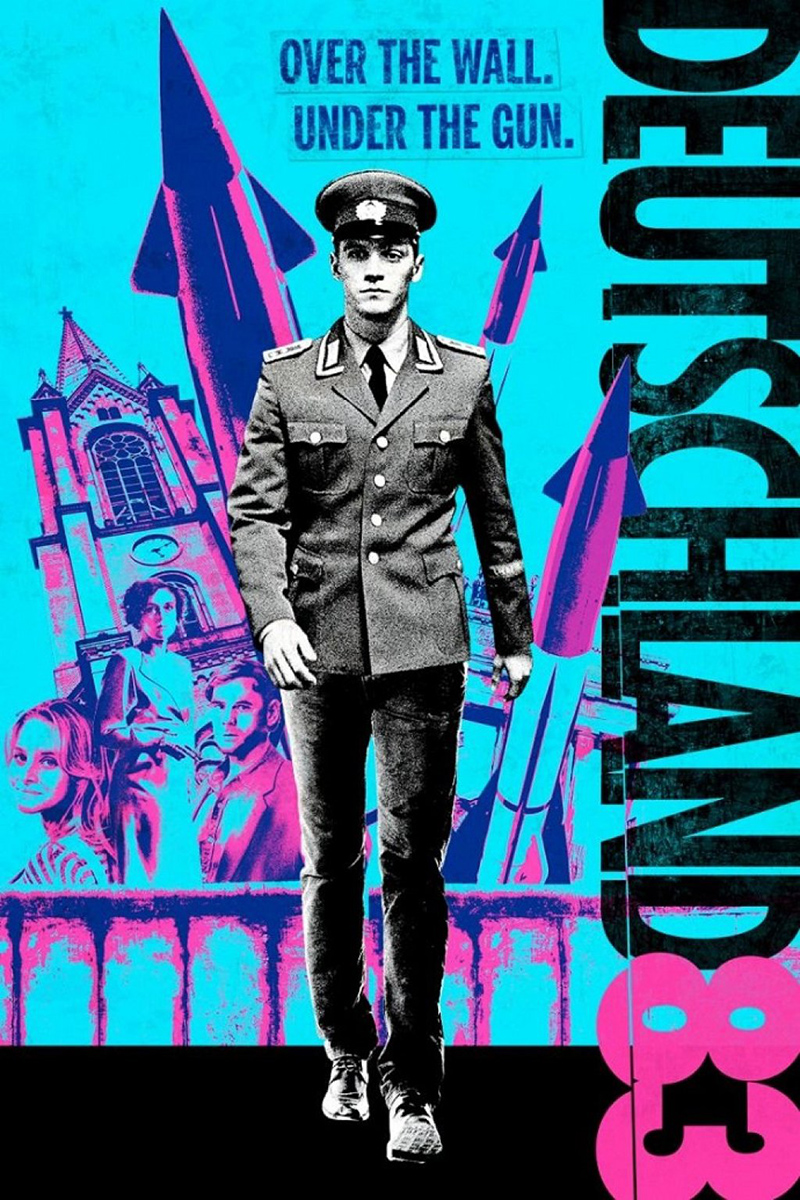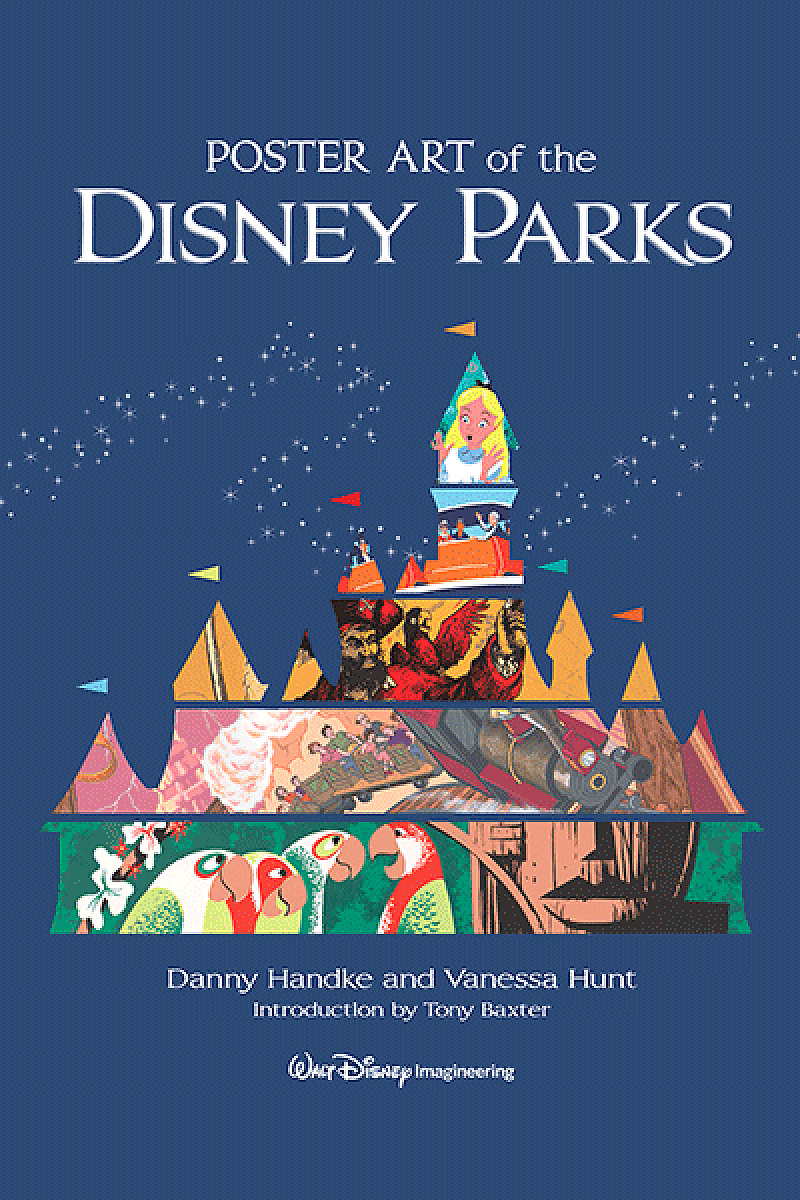The 1980s were a tense time in the United Kingdom. There was the bombing campaign by the Provisional IRA that almost succeeded in assassinating Margaret Thatcher, the prime minister who brought neoliberalism to the shores of Great Britain. There are two other things from that period that linger in the memory: the miners’ strikes and the burgeoning gay rights movement.
Those last two are more connected than you might think. To make a long story short, one of the reasons that the gay rights movement in the country got as big as it did was due to a campaign by London-based gay and lesbian activists to support the miners, who were being targeted by the Thatcher government. This became Lesbians and Gays Support the Miners, which raised money for those on strike. The National Union of Mineworkers reciprocated by using its clout in the Labour Party to bring about support for gay rights.
This struggle is dramatized in the 2014 film Pride, directed by Matthew Warchus. It’s a film that starts among the gay community of London, revolving around a number of activists who take the bold move of finding solidarity with those who are unlike them. One of its central characters is Mark Ashton (played by Ben Schnetzer), the firebrand of our set of characters who brings with him a fuming rage against societal injustice. He is the sort of activist that brings about real change, one who is willing to get his hands dirty and speak truth to power.
The alliance between Welsh miners and London gay activists is not an easy one. There is great trepidation when the activists first arrive in the union hall. Much of the drama in the film comes from that disconnect, which lessens over time. They certainly don’t get each other well at first. There’s an amusing yet also deeply telling scene where one of the union organizers visits a gay club in London. He is clearly befuddled by the sight of men in bondage gear. Then, as always, politics makes strange bedfellows.
The story does not stop at mere tension, but actively works to show how it is resolved. Pride shows how two wildly different groups of people can come to understand one another as well as the validity of their respective causes.
There is one thing about this film that surprised me, given that it’s an historical drama about civil rights: it is actually quite funny. (In this regard, it reminded me of the 2017 film Marshall, starring Chadwick Boseman as the first black Supreme Court justice in the United States, Thurgood Marshall.) This is not one of those tear-jerking Oscar-bait films about the brutal consequences of bigotry. Your protagonists are not the sort of people who stare off into the distance and cry. The activists here are young and opinionated and always have a witty retort to any perceived slight. They are the sort of people who would be able to make barb after barb after being attacked by police; it comes off not merely as funny, but as incredibly brave.
Pride in the end is about solidarity. It is about how change comes from accepting our differences and working for the common good in spite of them. This film shows you clear as day how silly bigotry is, and how its absence can move mountains.





